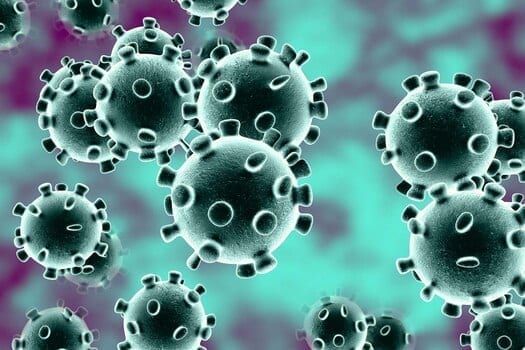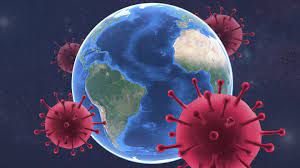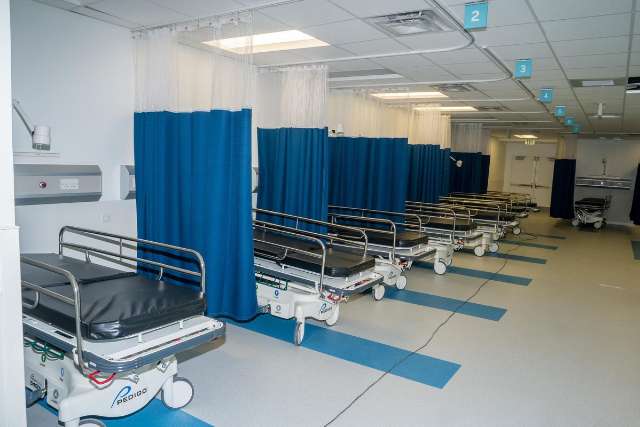Test results for two suspected cases of Coronavirus at Korle Bu Teaching Hospital have proven negative.
Dr Kofi Bonney a Senior Researcher at Noguchi Memorial Institute for Medical Research confirmed to TV3 on Thursday afternoon.
“We finished about an hour ago and it came out negative,” he stated.
According to Dr. Bonney, different tests were conducted on the samples.
He explained that “most sensitive” test as well as the “complementary tests so support or validate” the initial result were done and all proved negative.
Two foreign nationals – a Chinese and an Argentine – were quarantined at the Korle Bu Teaching Hospital on Wednesday when they reported at the facility with symptoms suspected to be coronavirus.
Blood samples of the patients who have been living together in Ghana for some days were sent to the Noguchi Memorial Institute for Medical Research for further analysis. The results however turned negative after testing on Thursday.
Coronavirus in China: National Health Commission China says
Meanwhile, the government of Ghana has disclosed 2. 5 million cedis has been allocated for the preparedness and response action towards the fight against the outbreak of the novel Coronavirus infection which the World Health Organisation (WHO) has declared a global crisis.
Coronavirus
Coronaviruses (CoV) are a large family of viruses that cause illness ranging from the common cold to more severe diseases such as Middle East Respiratory Syndrome (MERS-CoV) and Severe Acute Respiratory Syndrome (SARS-CoV). A novel coronavirus (nCoV) is a new strain that has not been previously identified in humans.
Coronaviruses are zoonotic, meaning they are transmitted between animals and people. Detailed investigations found that SARS-CoV was transmitted from civet cats to humans and MERS-CoV from dromedary camels to humans. Several known coronaviruses are circulating in animals that have not yet infected humans.
Common signs of infection include respiratory symptoms, fever, cough, shortness of breath and breathing difficulties. In more severe cases, infection can cause pneumonia, severe acute respiratory syndrome, kidney failure and even death.
Standard recommendations to prevent infection spread include regular hand washing, covering mouth and nose when coughing and sneezing, thoroughly cooking meat and eggs. Avoid close contact with anyone showing symptoms of respiratory illness such as coughing and sneezing.
Source: 3news.com | Ghana]]>

















